Condominium ownership is a very new alternative to traditional property ownership. The ability for a group of people to each own their own units, but share common expenses, and still live in harmony, has created some huge benefits for buyers. However, if you didn’t know at least some of the benefits, then you likely wouldn’t be considering purchasing a condo in the first place, so I will put the discussion of benefits aside for now…
The items that most of my clients want to know about are the red flags. What items should you look a little more into before purchasing a condo in a particular building, complex or development? What things may be the warning signs of existing, past or future problems?PLEASE NOTE: These items are only red flags. They are not necessarily problems in their own right, but should trigger a little more research.
Low Condo Fees – The fees may not include very many of the items they normally would or should. You may be expected to pay a special assessment fee more often.
High Condo Fees – A problem may exist that the condo board is trying to pay for.
Low Reserve Fund –There may not be enough money to cover necessary repairs and improvements.

Special Assessments – This is a lump sum of money assessed to each unit owner that is required to either top up a low reserve fund or to fix an issue the condo has
Unresolved Issues in the Meeting Minutes – If the most recent meeting minutes say they are waiting for a quote on something, then that ‘something’ is still broken.

Registered Does Not Match the Listed Size – You may not be getting all of the square footage you thought you paid for. Sometimes registered size includes the parking area, or balcony, or a storage area.
Not All Documents Are Available – This could be a result of poor management, or non-compliance with the Condo Act.
Post Tension Cables – If not cared for under the lawful requirements, this style of construction can cost a fortune to repair (typically causes higher fees). This can also have resale implications, if CMHC/Genworth decides not to insure a building because it is not complying with the rules around post tension cable maintenance.
Age Restricted Buildings – This limits who you can re-sell your unit to (or rent to). Plus, some lenders will not provide certain types of mortgages for these buildings.
Any Stains or Signs of Water – This one is pretty obvious.
Lots of Units for Sale – Why does everyone want to sell?
Operating Deficit – If there is more money going out than coming in, eventually you will run out of money.
Low Owner Occupancy – Lots of units are likely rented, and tenants don’t take care of their property as well as owners (and sometimes don’t follow the by-laws).
Monopolized Ownership – The one person who owns most of the units has most of the voting power.
Unresponsive Board – If they neglect to return calls, what else do they neglect?
Do your homework and get all the information available on a complex. This is always your best security when buying a condo.
